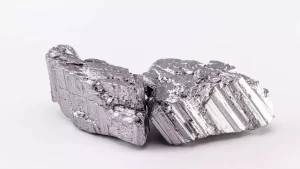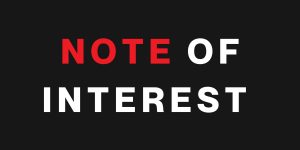
How Hundeyin and Greenspan spearheaded legal victory for Tinubu file release
A U.S. court has ordered the release of unredacted files on President Bola Tinubu’s alleged involvement in a 1990s heroin trafficking case, following intense legal pressure linked to two prominent antagonists of the Nigerian leader — David...
Read More
Comment
0

The 13 fastest supercars in the world 2025
If you had an awful lot of money and a fondness for speed, what are the fastest cars you can buy for the road?
Read More
Comment
0

World’s top cocoa producer threatens price hikes in response to US tariffs – Reuters
Goods from Ivory Coast have been slapped with a 21% duty as part of Trump’s latest trade measures
Read More
Comment
0

‘Afenifere was not founded for the Yorubas. It was founded for Nigerians…’ – Dele Farotimi
'...It was founded to save us from ourselves.'
Read More
Comment
0

China suspends exports of certain rare earth minerals and magnets to the US and the world
Beijing has suspended exports of certain rare earth minerals and magnets that are crucial for the world’s car, semiconductor and aerospace industries.
Read More
Comment
0

Grad student accidently discovered an exception to laws of thermodynamics
University of Massachusetts Amherst researchers discover 'shape-recovering liquid' defying thermodynamics. The discovery doesn’t have any practical applications right now, but so what? It’s still cool.
Read More
Comment
0

This £14 billion airport in Asia is sinking fast into the sea
Kansai International Airport in Osaka, Japan, which serves over 30 million passengers annually, is reportedly sinking into the sea due to rising sea levels and land subsidence.
Read More
Comment
0

130 countries now negotiating trade deals with the US, NEC Director Kevin Hassett says
"Right now, 130 countries- 130 countries- have responded and we're negotiating with them."
Read More
Comment
0

It’s official: Man Utd have lost more league games since 2013 than in Fergie’s 21 years
115 vs 114: Man Utd losses since Ferguson now exceed his PL tenure
Read More
Comment
0

STATEHOUSE PRESS STATEMENT: Presidency disclaims 2027 campaign billboards nationwide
The Presidency has expressed concern over the unauthorized appearance of billboards in cities like Abuja and Kano promoting President Bola Tinubu and Vice President Kashim Shettima for the 2027 elections
Read More
Comment
0